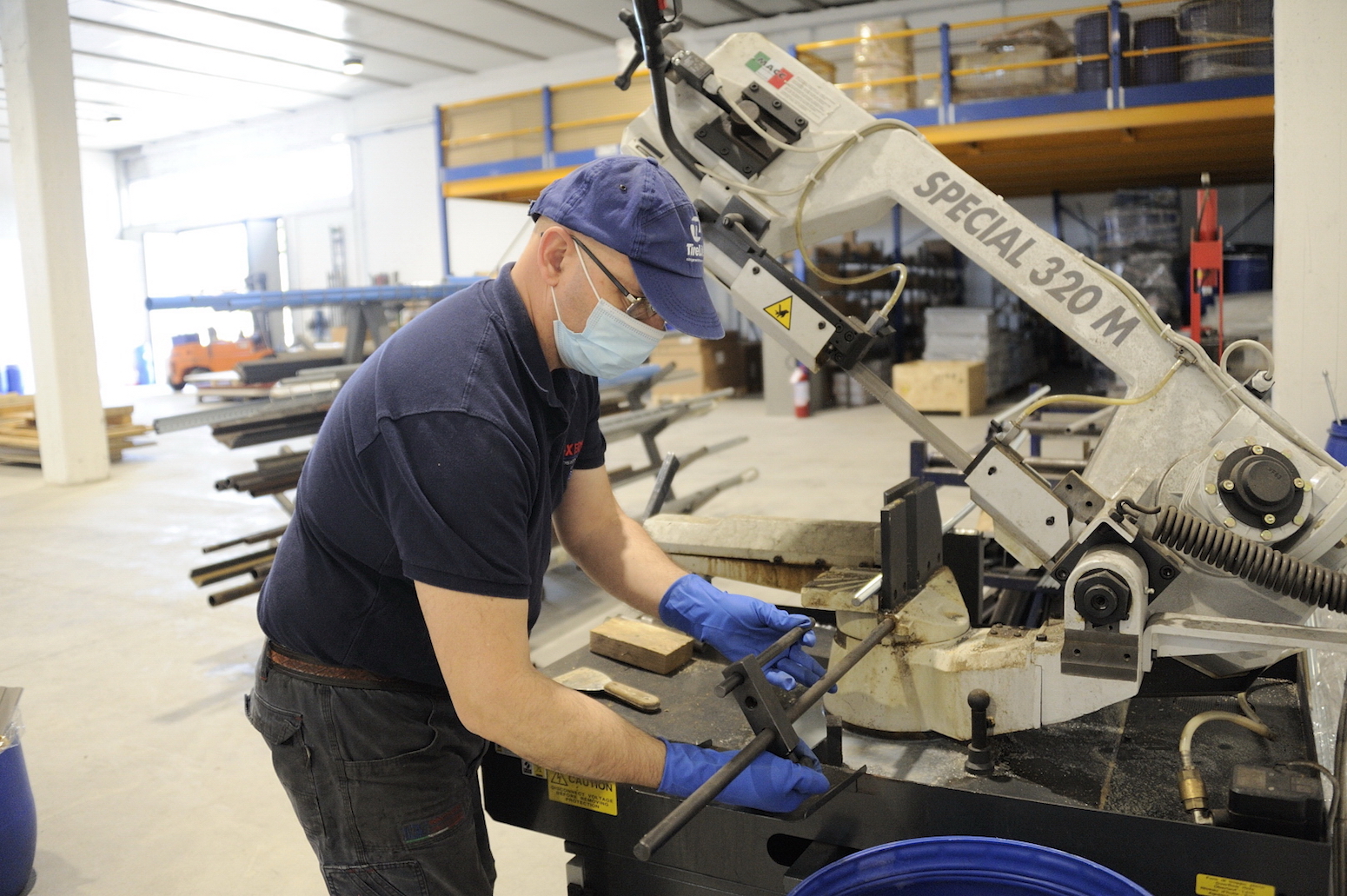On Tuesday, the military in Mali conducted a successful coup d’état and declared the beginning of a transition military regime “leading to credible general elections”. Soldiers seized several political leaders, including president Ibrahim Boubacar Keïta, who dissolved the government and resigned in a televised speech.
The events were ostensibly sparked by the military supporting public anger over corruption, mishandling of the economy and perceived electoral fraud, all of which has caused months of large protests. The soldiers themselves were angered by the government’s failure to contain jihadism – which is deeply rooted in the region – and their salary.
However, commentators have been registering foreign interference activities, by the hands of Russian and Turkish agents, for years. They aided the revolt by instigating the populace against the government by pushing families to “dignify” the deaths of those lost to jihadism.
The African Union (AU) called for the restoration of the constitutionally elected government, as did the EU and the US. Worries are now brewing around the fate of the international forces – mainly European soldiers – in the area.
France in particular has been maintaining a strong military presence in Mali through operation “Barkhane”, whose objective was that of countering jihadi extremism and whose existence was favoured by the newly deposed Malian authorities as well as the UN Security Council, as the French defence minister Florence Parly reminded.
The coup represents a harsh defeat for the French, who sought to stabilise the region comprehensive of its former colonies. The “neo-colonial” flavour of French intervention is one of the reasons why Italy had historically avoided intervening.
This changed in July 2020, when the Italian defence minister Lorenzo Guerini announced that Italy would be supporting operation “Barkhane” by flanking it with the European operation “Takuba”, to which it contributed with 200 men, combat helicopters and medical squads. This also played to Italy’s advantage as the country was (is) seeking to stabilise North African countries close to Mali.
It will take days to understand what will happen to the European soldiers in the area. It appears from the French press that France is ready to call back its soldiers, despite Ms Parly’s assurance that “Bakhrane” will continue. Naturally, “Takuba”’s existence is conditional to that of the former operation.
Deputy foreign minister Emanuela Del Re declared that what happened in Mali signals that “it’s time for the European Union to realise the need for increased commitment [in Mali], not only of a military kind. There’s the need for a wider project that may address the populations’ instances.” She also mentioned that Italy is monitoring the region with “extreme carefulness”, and that it had opened two embassies in the region, in Burkina Faso and in Niger.
To sum it up, Italy is helping France in Mali and seeking to stabilise the Sahel region, thereby aiding the stabilisation of Libya and Tunisia, at the same time. But France is not helping in that regard – quite the opposite, in fact, as it actively supports general Khalifa Haftar, the leader of the Eastern rebels who also enjoy Russian support.
Meanwhile, the confrontation between Turkey and France will probably worsen following the Malian coup. The two country have been at odds over oil drilling concessions in the Mediterranean among other matters. As Paris seeks to rally allies and form an anti-Turkish coalition in the Med, Italy remains somewhat inactive.
Political and strategic analyst Alessandro Politi offered his insights to Formiche.net. He explained that Italy’s role in Mali through “Takuba” was a consequence of the French inability to make progress in the region. However, it is irrational to think that France will be giving back to Italy in some form, argued the expert referencing the Libyan dossier.
Despite conceding that it would be very hard, Mr Politi argued that Italy should demand that the French stop supporting general Haftar, as this contrasts Italy’s (and Europe’s and NATO’s) work to stabilise the region by non-militarily supporting the UN-backed government of Fayez al Serraj in Tripoli.
This latest instance must be read through the Mediterranean lens, where France and Turkey’s conflicting interests are causing troubles within NATO (of which both countries are members) and Europe, where France is disregarding the dialogue-based solution with Ankara and pushing unilateral sanctions.
“It was Turkey who bailed us out of Libya, whether we like it or not,” said Mr Politi, referencing the Turkish military support that broke the siege of Tripoli earlier this year. “In Mali we paid France an attendance fee (howsoever small) so we must push energetically for it to be paid back.”
The expert concluded that Italy’s interest, which include North African stabilisation through stability in Mali as well as energetic interests in Libya and Cyprus, would be better served by deploying more soldiers and ensuring that Rome’s voice is heard.








